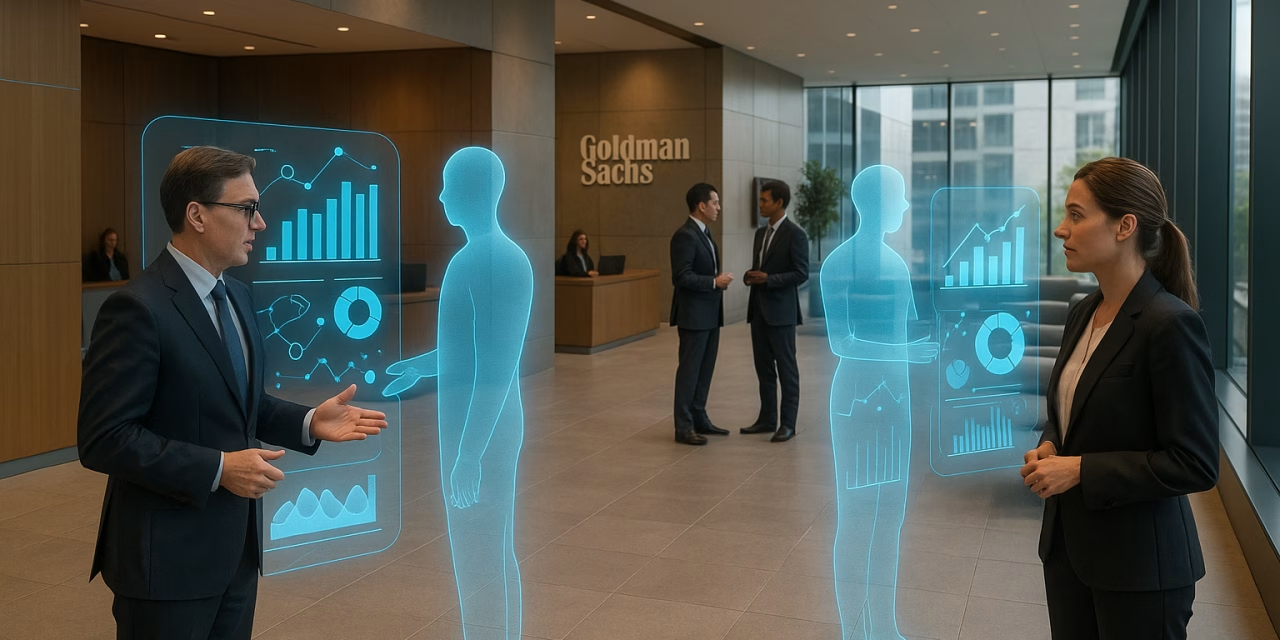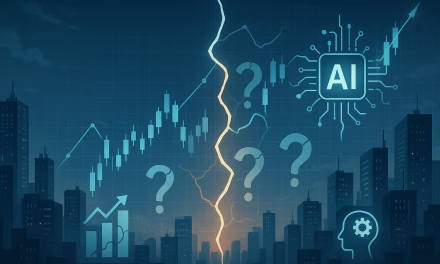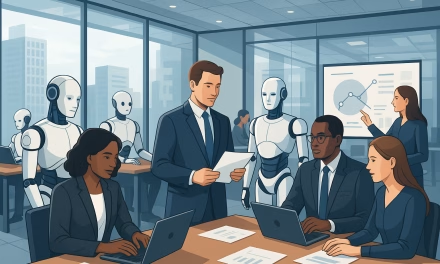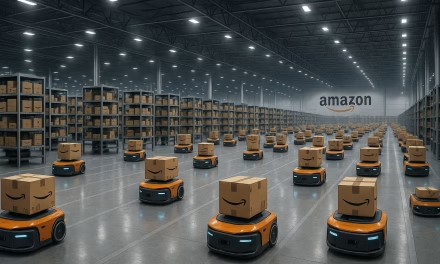June 23, 2025, marks a significant milestone in the integration of Artificial Intelligence into traditional financial powerhouses. Goldman Sachs, one of the world’s leading investment banking firms, announced the firmwide launch of its new AI assistant. This move signals a major shift in how established financial institutions are not just exploring but actively adopting AI tools across their operations.
The deployment of an AI assistant firmwide at Goldman Sachs is poised to revolutionize various aspects of financial services. From automating routine data analysis and report generation to providing real-time market insights and assisting with complex client queries, AI is set to enhance efficiency, accuracy, and decision-making capabilities. This adoption reflects a broader industry trend where AI is no longer a niche technology but a core component of digital transformation strategies.
The implications extend beyond internal operations. For clients, it could mean faster, more personalized service and access to sophisticated financial intelligence. For employees, it suggests a shift in roles, with AI handling more repetitive tasks, allowing human professionals to focus on higher-value, strategic work that requires creativity, critical thinking, and interpersonal skills.
Beyond Goldman Sachs, June 23 also saw other significant developments in the AI business landscape, including Snowcap Compute raising $23 million for superconducting AI chips and German AI firm aedifion securing $20 million in financing. These investments highlight the continued belief in AI’s transformative potential across various sectors. The strategic decision by Canaan to exit the AI chip business to focus on Bitcoin mining also indicates the dynamic and evolving nature of the AI market.
The widespread adoption of AI by institutions like Goldman Sachs underscores that AI is not just for tech startups anymore; it’s becoming an indispensable tool for established enterprises seeking to maintain their competitive edge and drive innovation in a rapidly changing global economy.





